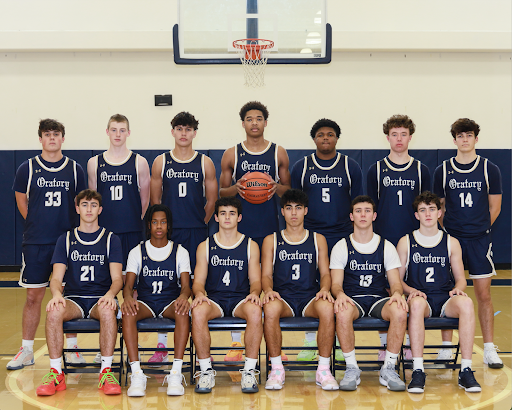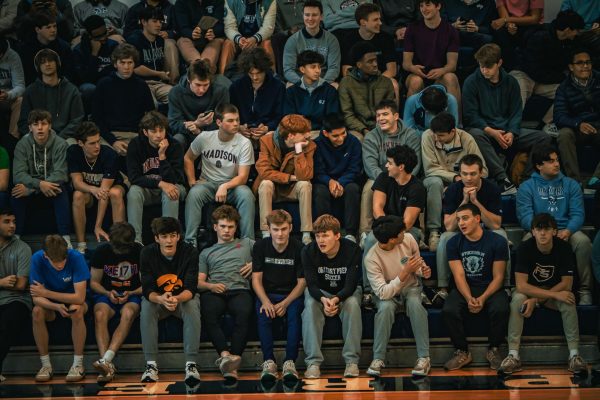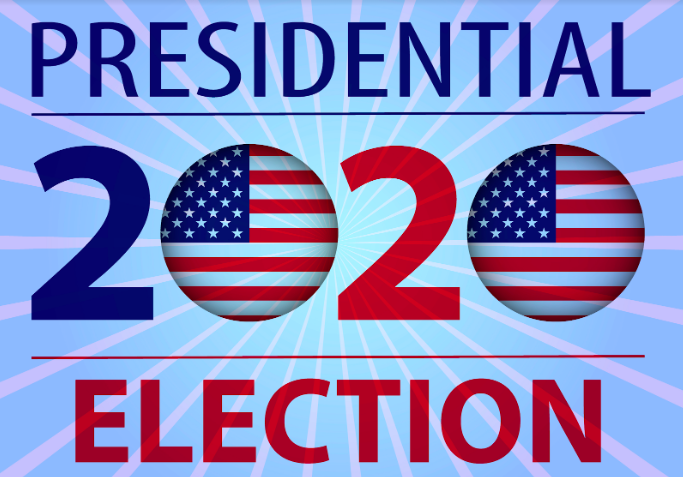Another One Bites the Dust: All 2020 Candidates Who Dropped Out So Far
Big Time?
Almost immediately after 2016, many predicted that 2020 would be an… interesting primary and general election. While 2016 did have two concurrent party primaries adding to the chaos, 2020 would be an opportunistic rush to be the one to try and dethrone the controversial President Trump. Dozens of candidates have hopped into the 2020 race for the DNC nomination. Even after leaving out some of the weakest of the bunch, the first debate had 20 candidates and was split among two nights. Of course, not all candidates are equal, and the majority of the original candidates have decided to bow out (gracefully or not). Some long-expected and others surprising, the 2020 Democratic primary has served us a host of candidates who just didn’t have what it took.
The List
Please note that for numbering I just went in order from earliest to latest in order of drop-out. Along, that order can be strange. Big candidates who dropped out despite originally-high expectations from the media have left the race before John Delaney, a candidate who was first to declare their candidacy and apparently is still technically in the race [Unless…].
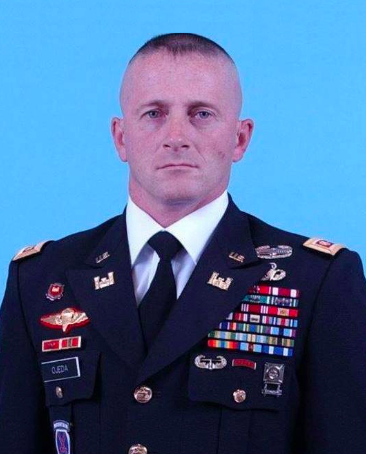
Richard Ojeda holds the honor of being the first 2020 candidate to drop out.
Richard Ojeda
The only information I knew about Ojeda before this article was that he dropped out and for good reason. Joining the race in November 11, 2018, Ojeda dropped out by January 25, 2019 (almost a year ago). Richard Ojeda was a state senator of West Virginia who lost a Congressional race after losing to his Republican opponent. He resigned from the state senate in order to focus on his campaign for president. Despite voting for Trump in 2016, Mr. Ojeda discussed how someone like him could relate to Trump’s followers far more than the rich president himself could. Ojeda was quite frank when he dropped-out, saying in a statement that he didn’t want to take people’s money for what he recognized was a futile endeavor.
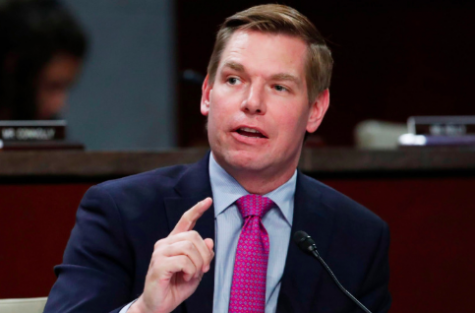
Representative Eric Swalwell
Eric Swalwell
Eric Swalwell, a congressman from California, became the first candidate to drop out of the race that had succeeded in making the debate stage. Rep. Swalwell’s campaign focuses heavily on gun violence and particularly on groups such as the NRA. During the first debate, Swalwell clashed with Joe Biden, telling him to “pass the torch.” Swalwell left the race on July 8th, 2020 after receiving very low polling and funding, but he will run again for the House.
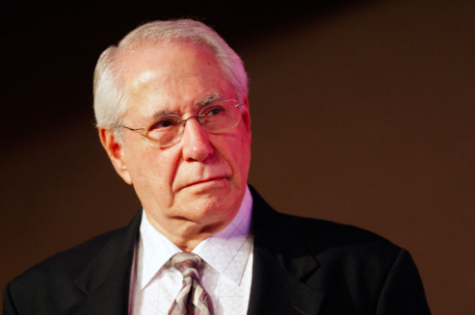
Mike Gravel
Mike Gravel
Mr. Gravel’s campaign was brief and unusual. A few teenagers convinced the former senator to run, the same teenagers who ran his Twitter account to try and make an innovative and viral campaign. Originally, Mike Gravel only wanted to reach the debate stage to push the field farther to the left (he holds anti-war, leftist views). After he failed to make any debate stage, Mr. Gravel dropped out on August 6, 2019 and followed up by endorsing Bernie Sanders (and wanting Tulsi Gabbard as Bernie’s running mate). If Gravel had won, he would have been the oldest president in American history.
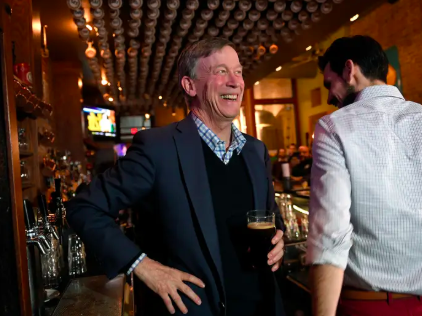
Former Colorado Governor John Hickenlooper
John Hickenlooper
Former governor of Colorado (known to nobody but me as Hickenloops) John Hickenlooper dropped out on August 15, 2019. Hickenlooper marketed himself as yet another centrist Democrat but struggled to distinguish himself on the debate stage by both policy and personality. Only a week later, Mr. Hickenlooper began running for Senate to challenge the GOP Senator Cory Gardner.
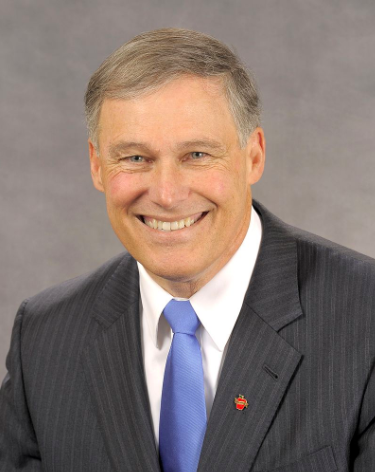
Jay Inslee
Jay Inslee has served as the governor of Washington State since 2012 and has held many positions before that. For the campaign, Inslee put the spotlight on climate change. In the video that announced his candidacy on March 1st, 2019, he said, “I’m Jay Inslee and I’m running for president because I am the only candidate who will make defeating climate change our nation’s number one priority…We are the first generation to feel the sting of climate change. And we’re the last that can do something about it” (Cranley and Panetta). While other candidates talked about climate change as a priority, Mr. Inslee made it his main platform and issue. Inslee left the race on August 21 but declared his intention to run for a third term as governor shortly after.
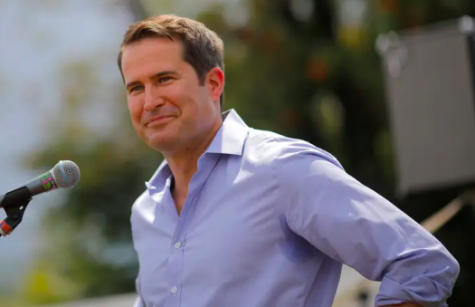
Representative Seth Moulton
Seth Moulton
Who? Sorry. That might have been rude, but this is my first time hearing about him that I can remember. A congressman from Massachusetts, Seth Moulton was a fairly moderate Democrat. A veteran who served multiple tours in the Middle East, Mr. Moulton said, “I am running because I am a patriot, because I believe in this country and because I have never wanted to sit on the sidelines when it comes to serving it” (Cranley and Panetta). He dropped out on August 23, having not qualified for a single debate.
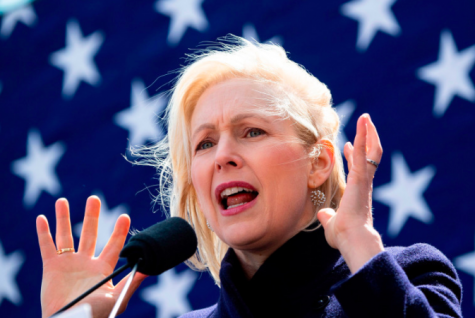
Senator Kristen Gillibrand
Kirsten Gillibrand
While Senator Kirsten Gillibrand didn’t have a large effect on the Democratic primary race, she did have a touch more support than most of those covered so far. Still, she ended up dropping out due to low donor counts and a lack of more than 2% nationally. During her campaign, Gillibrand discussed issues such as economic security for families, gun violence, and climate change; Gillibrand’s campaign centerpiece was women, with many of her main policies centered toward empowering them.
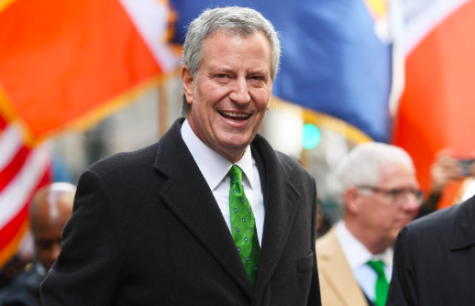
NYC Mayor Bill de Blasio
Bill de Blasio
Bill de Blasio, in case you didn’t know, is the current mayor of New York City. During his primary bid for 2020, de Blasio focused on issues of workers and on taxing the wealthy more. However, de Blasio is known for being quite abrasive. Multiple polls, both of New Yorkers and of general Democrats, displayed the disliked mayor’s unpopularity. On September 20, 2019, the mayor dropped out of the race due to across-the-board poor funding and donations.
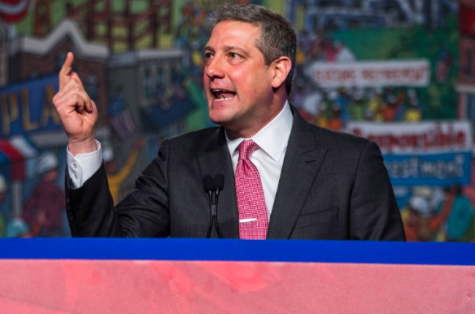
Representative Tim Ryan
Tim Ryan
Representative Tim Ryan was yet another moderate Democrat in the field. In 2018, after the Democrats won the House, Tim Ryan was among those who tried and failed to replace Pelosi as Speaker with someone else. Tim Ryan became known for two absolutely blundering debate performances. In the first, Ryan mistakenly said that the Taliban did 9/11 and got dunked on by Tulsi for it; in the second, Ryan’s discussion with Bernie led to his “I wrote the damn bill line.” I swear, his life flashed through his eyes both times. Ryan left the race on October 24, 2019.
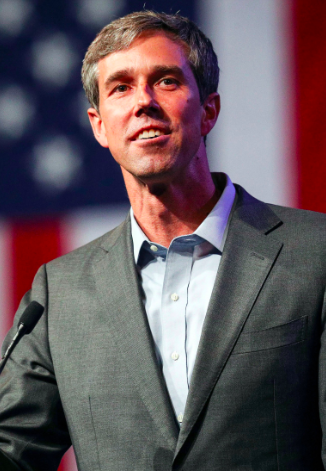
Former Representative Beto O’Rourke
Beto O’Rourke
Beto O’Rourke, a former Texas Congressman who was catapulted into fame when he came within a hair of beating Ted Cruz in a Senate election, was among the first candidates to drop out that had actually affected the race to some degree. O’Rourke’s debate performances were quite mixed; while his first debate, in particular, was considered by some to be overwhelming, other debate performances of his made large media splashes. Beto O’Rourke has a close personal connection with El Paso, Texas, and he became much more of a raw candidate after the horrific shooting that occurred there. Particularly after the shooting, O’Rourke’s language became more vulgar, and he injected (in my opinion much-needed) visible passion into his performance. His bold but controversial stance on guns made him the gun-control candidate, becoming simultaneously an influence for Democrats and a popular punching bag for the pro-toting right. After restarting his campaign a few times, Beto O’Rourke dropped out for the final time on November 1st, 2019.
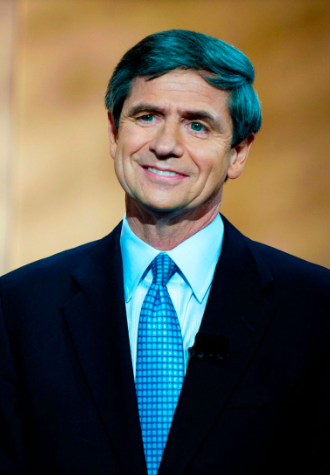
Former Representative Joe Sestak
Joe Sestak
Joe Sestak is a former House representative who also unsuccessfully tried to become a Senator twice. By the time Mr. Sestak had joined the race, the field was already very full; he was the 25th candidate to enter the race! Joe Sestak joined so late because he wanted to spend time with his daughter who had brain cancer but later recovered. With 31 years of military service, the former Navy Admiral (3-star) marketed his experience as a virtue for a president: “when faced with the decision on whether to use our military, our commander-in-chief will know how it will end before deciding if it is wise to begin” (Cranley and Panetta). Sestak ended his campaign on December 1st, 2019.
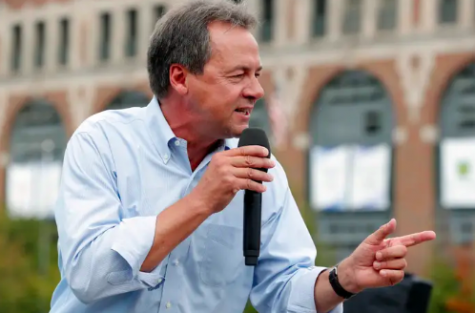
Governor Steve Bullock, who dropped out only one day after Sestak.
Steve Bullock
Steve Bullock is the governor of Montana and the 22nd candidate to join the race for the Democratic nomination. Like many others, Bullock’s pitch to voters was on electability against Trump and “getting stuff done.” During the Democratic debate in July, he said, “look, I’m a pro-choice, pro-union populist Democrat that won three elections in a red state, not by compromising our values, but by getting stuff done…That’s how we win back the places we lost — showing up, listening, focusing on the challenges of everyday Americans” (DeSantis et al). After admitting that he couldn’t break into the top tier of Democratic candidates, Bullock admitted defeat on December 2nd. Going forward, Bullock’s future is unclear; governors in Montana have term limits and he has said he will not run for Senate.
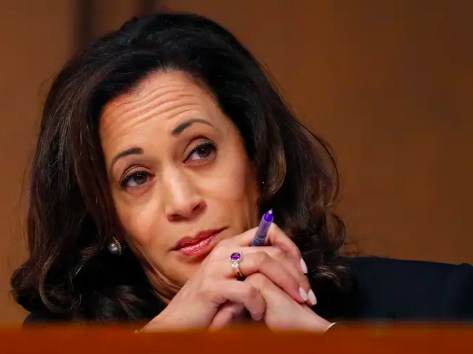
Senator Kamala Harris
Kamala Harris
Kamala Harris is one of the biggest candidates by polling percentage who has dropped out. During the first debate, Harris challenged Biden on his controversial busing record on personal grounds. This attack gave Kamala a massive surge in the polls, leading Kamala into the top-tier status. However, soon she began to slip slowly closer to her former levels. Harris took attacks from both the left, the right, and centrists like her. Kamala Harris’s record as a prosecutor and a general loss of faith in her policies and politics led to her drop. While the exact reason why Kamala dropped is debatable, she finally left the race on December 3rd, 2020 due to a general deflation in polling but more importantly a lack of funding needed to run her sizeable campaign.
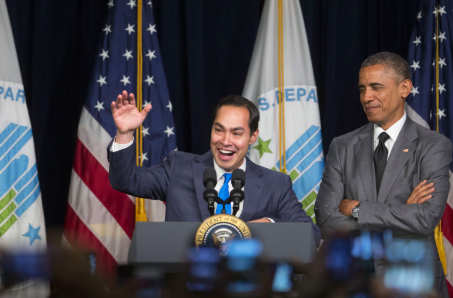
Former HUD Secretary Julián Castro pictured with President Obama. This photo was most likely during his time with the Obama administration, but I am unsure.
Julián Castro
While Julián Castro never really cracked the top tier of candidates, I would place his success at solidly mid-tier. Castro surprised some with his performance considering that he was not a senator, a representative, or even a governor; instead, Julián Castro was the Housing and Urban Development Secretary under President Obama. He marketed himself as an underdog both due to his political background and his personal upbringing. Julián Castro espoused more progressive values than most of the candidates in the 2020 field (besides Bernie and a few more-debatable others). In the end, Julián Castro ran low on money, failed to make more debates due to low polling, and finally pulled the plug on January 2nd, 2020. Castro was the first candidate to drop out since the actual year of 2020 began, but he isn’t the last.

Marianne Williamson in 2014
Marianne Williamson
Marianne Williamson is an interesting candidate. Quite…eccentric, she centered her campaign around togetherness and spirituality, saying at her launch that the campaign was meant to “to engage voters in a more meaningful conversation about America, about our history, about how each of us fit into it and how to create a sustainable future” (DeSantis et al). A woman of many facets, Marianne Williamson is a “spiritual leader,” friend of Oprah Winfrey, best-selling author, failed Independent candidate for Congress in 2014, and notably not someone with much experience in politics or related fields at all. Williamson spoke about the “dark psychic forces” that turned Americans against each other and claimed that she would fight President Trump with the power of love. After becoming stable below 1% in the polls and being forced to lay off her campaign staff, Marianne Williamson finally dropped out on January 10, 2020.
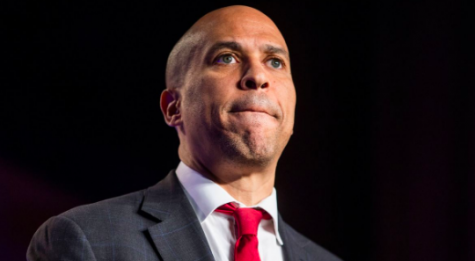
Senator Cory Booker
Cory Booker
Unless I refresh one of my sources and find a new one, Cory Booker is the latest candidate to drop out of the 2020 race (having left on January 13, 2020 due to fundraising troubles). Closer to home (for Oratory at least) than most other candidates, Cory was mayor of Newark and is a New Jersey Senator. Cory Booker also centered his campaign around a message of unity and healing (albeit it one less strange than Marianne), often trying to act as the voice of sensibility on the debate stage.
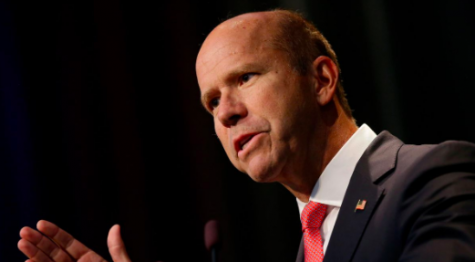
Former Representative John Delaney
John Delaney
Surprise twist! I was just about to turn in this article. After making fun of Delaney still being in the race, the news just broke that he is out! Huh. Well, Delaney was a centrist Democrat who was farther right than even most establishment Dems. He clashed with more progressive voices in the race, but ultimately Delaney started as and remained as small fry. He dropped out on January 31, 2020.
Who will be next?

Hey there! I’m Andrew Ashton, but most people call me Andy. I’m in the Class of 2022, and I have been at Oratory since freshman year. My interests...

